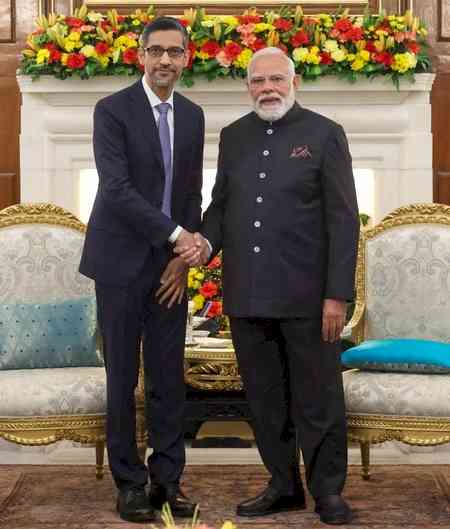PUDR on notification of draft rules of code on industrial relations
The Draft Rules of the Industrial Relations Code be immediately withdrawn

On 4 May 2021, the Central Government’s Ministry of Labour and Employment notified certain Draft Rules under the Industrial Relations Code, 2020, one of the 4 Labour Codes passed by Parliament in 2019-20. The Industrial Relations Code 2020 (henceforth ‘IR Code’) subsumes three pre-existing labour laws – the Trade Unions Act, 1926; the Industrial Employment (Standing Orders) Act, 1946 and the Industrial Disputes Act, 1947. The declared purpose of all the Labour Codes is to ‘rationalise’ India’s many labour laws, which have protected labour rights, in order to ensure ‘Ease of Business’. These Draft Rules and the Industrial Relations Code explicitly undermine rights of workers and trade unions by granting employers disproportionate control over the dispute settlement process despite being interested parties.
One of the points these notified Draft Rules deal with is the role of Trade Unions and the mechanism of settling industrial disputes. The Rules provide that in case of a single registered union, the employer has a right to choose a ‘sole negotiating union’ if the Trade Union has membership of at least 30% of the total workers. If, as is usually the case, there are multiple registered unions, only a union having 51% or more workers as members can be the ‘negotiating council.’ In the absence of this, the employer can set up a negotiating council of all registered union representatives, each with minimum 20% of workers as members. In this process, a Verification Officer is required to check the unions’ claims for membership, conduct elections etc.
The blatant bias towards employers is exposed by the power given to them to set up the negotiating council or union, and appoint the Verification officer, and in the process of verification of union membership etc. That in an industrial dispute, the employer would commonly be an interested party, is conveniently overlooked.
Further, the stipulation of 30%-51% membership is a highly onerous condition for Trade Unions to meet in practice. A union with the largest membership, even say 49% of workers, would be denied ‘sole negotiating union’ status. Until now, there have been no specific provisions in central laws about recognition of trade unions. In practice, managements have negotiated with the majority union (qualified by support of 25% of workforce) but other registered unions have not been excluded from representing workers. The new IR Code completely changes this situation, making it almost impossible for unions to function and fight for workers’ rights, and giving employers the power to interfere with their functioning.
In cases of violations and conflicts of interest, there are no mechanisms to ensure accountability of employers under the IR Code. Labour Courts have been done away with, substituted in the
Code by Industrial Tribunals whose decisions can be deferred, rejected or modified by the government. Physical inspections of factories, of safety and working conditions etc. have been substituted by online inspections. The 2020 IR Code allows for the exemption of any ‘new’ industrial establishment or class of establishments from its provisions in ‘public interest’ by notification by the government. It empowers the government to notify any activity as ‘non-industry.’ It further exempts employers from following Standing Orders that lay down the code of conduct for employment relations in factories with under 300 workers – thus allowing employers to impose arbitrary service conditions on more workers. These are among the several other clauses that ensure that this Code, like the three other Labour Codes, are peculiar – labour laws that violate rather than protect labour rights.
In keeping with the manner in which they were passed in Parliament, without thorough discussion and debate, the notified Draft Rules of the IR Code are being put up in May 2021 inviting ‘objections and suggestions’ within a month –a sham exercise in the midst of the raging pandemic across the country. How many of the affected crores of workers or trade unions across 28 states and 8 union territories would be able to respond under these circumstances is a moot question.
In the light of the above, PUDR demands that the Draft Rules of the Industrial Relations Code be immediately withdrawn. It also demands that all these undemocratic, anti Labour Codes be repealed with immediate effect.
Radhika Chitkara & Vikas Kumar
Secretaries, Peoples Union For Democratic Rights (PUDR)



 cityairnews
cityairnews 










